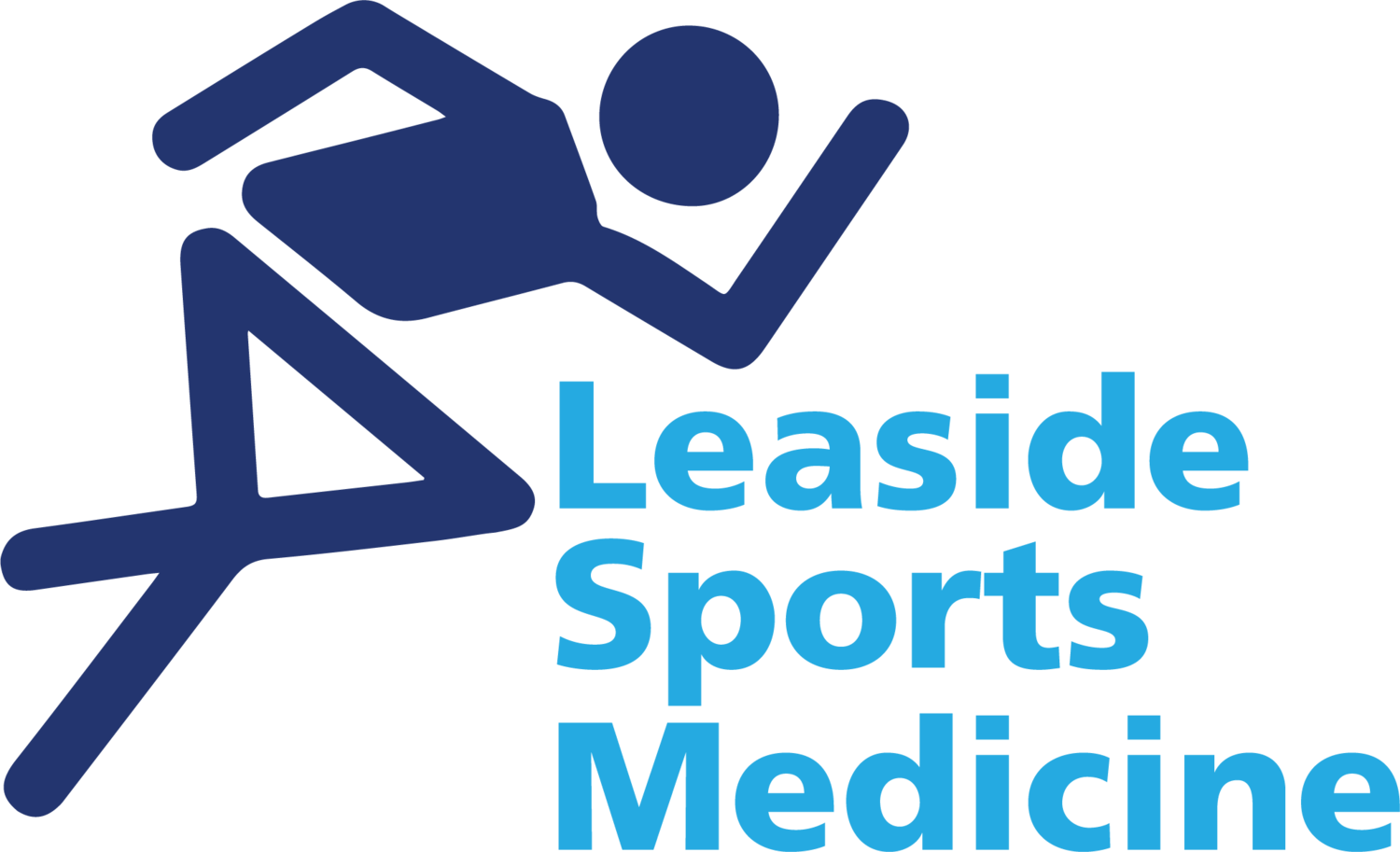The Rotator Cuff- Shoulder Pain
What is Rotator Cuff (RC) Tendinopathy?
Rotator Cuff Tendinopathy is one of the most common injuries to the shoulder. The rotator cuff is a group of 4 muscles that surround the shoulder joint. The muscles are the Supraspinatus, Infraspinatus, Teres Minor and the Subscapularis.
It refers to pain and weakness of the shoulder, usually caused by certain repetitive movements. The cause and etiology are often multi-factorial which is why it may require attention and assessment from a therapist in order to assess and find the best intervention for faster recovery.
Risk Factors
The likelihood of developing RC Tendinopathy can increase due to awkward/poor postures, heavy and sudden change in workload, repetitive arm movements and lack of rest.
There are also other physiological risk factors that make people more susceptible to RC tendinopathy such as metabolic disorders, muscle imbalance and advancing age.
Presentation:Usually, RC tendinopathy will present with many different symptoms, however the most common would include pain with overhead movements, reaching behind your back and/or raising your arm out to the side.
One of the most successful ways to treat this is with physiotherapy and exercise! Here are 2 exercises that can help improve pain and improve your range of motion.Isometric shoulder exercises: these are a quick and easy way to start loading your tendon and help reduce some pain in the shoulder. You can start with standing next to a door frame and pressing and holding for 15-20 seconds, doing this for 3-5 reps, 3x/day.
Side lying external rotation ROM exercises
- To start getting back range of motion (ROM), you can start to work in side lying and work against gravity. 3 sets of 10 reps 1x a day.
All exercises should be pain free, however if pain persists for more than a week, discontinue the exercise and check in with a physiotherapist or other medical professional.
Stephen is a highly skilled physiotherapist who is booking assessments on Mondays and Thursdays at Leaside Sports Medicine.




